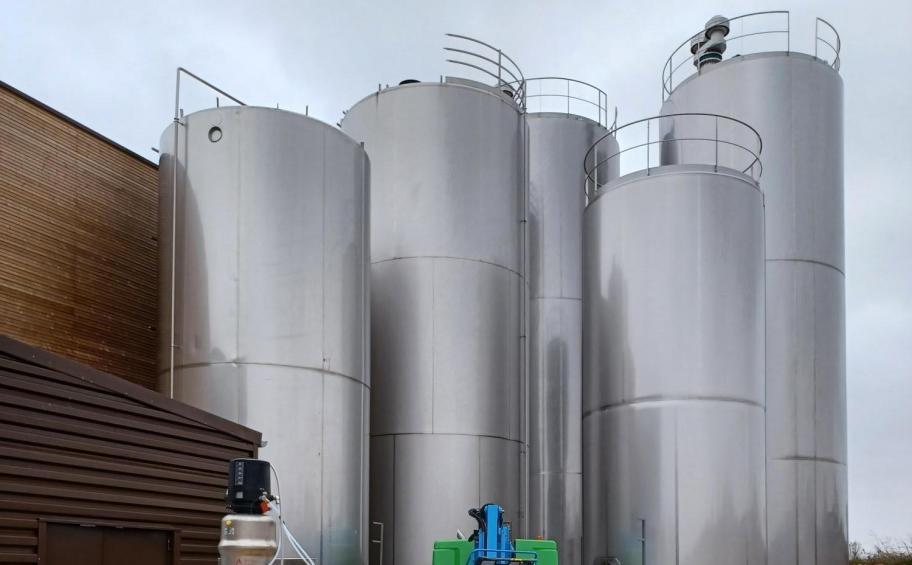To significantly reduce its potable water consumption and ultimately eliminate its effluent discharges (a mix of water, brine from water softeners, and sugary concentrates), Monin has developed an industrial demonstrator capable of recycling water and separating its different streams for optimal reuse.
At its factory in Bourges, in the Cher region, the syrup producer has allocated 600 m² for the installation of its new fully replicable workshop, featuring a clean piping system, tanks, and a 50 m² control laboratory.
“For Monin, we acted as a project integrator, managing all aspects including clean piping, instrumentation, electrotechnics, and pneumatics. From preliminary project studies, design engineering, and on-site deployment to integrating the patented water filtration system by Chemdoc Water Technologies—a partner of Monin Syrups—our participation in the Zeus project perfectly showcases our expertise in designing, building, and maintaining industrial process systems while addressing environmental and decarbonization challenges,” explains Stéphane Delattre, Regional Director.
Led by Monin and its partners, the Life Zeus project targets the effluent cycle through groundbreaking membrane filtration processes. The valorization of effluents occurs in three stages:
- Membrane filtration of water, followed by treatment (osmosis and UV) before recycling 80% of it into the industrial process, reducing the factory’s potable water consumption by two-thirds.
- Membrane filtration of brines, extracting salt for reinjection into water softeners (65% salt reuse).
- Membrane filtration of sugary concentrates, with the waste being converted into biomethane (green energy) or digestate (green fertilizer) through a nearby biogas digester.
By improving its water cycle’s sustainability, Monin achieves multiple goals. Reusing treated water within the factory not only conserves resources but also shields the company from potential water restrictions during droughts, setting an example for the agri-food industry.

